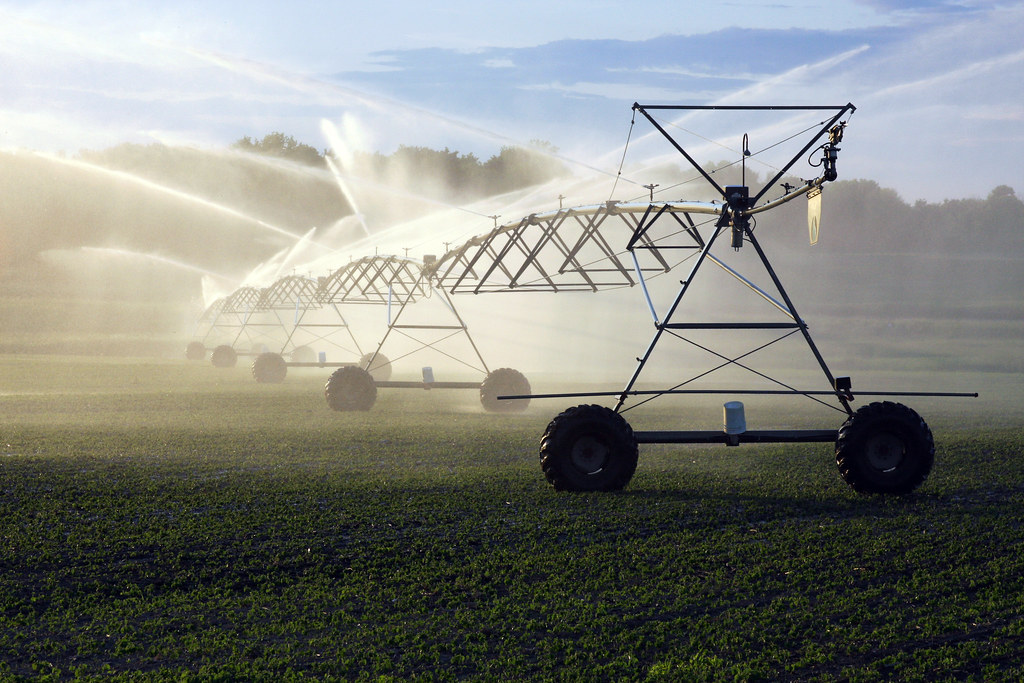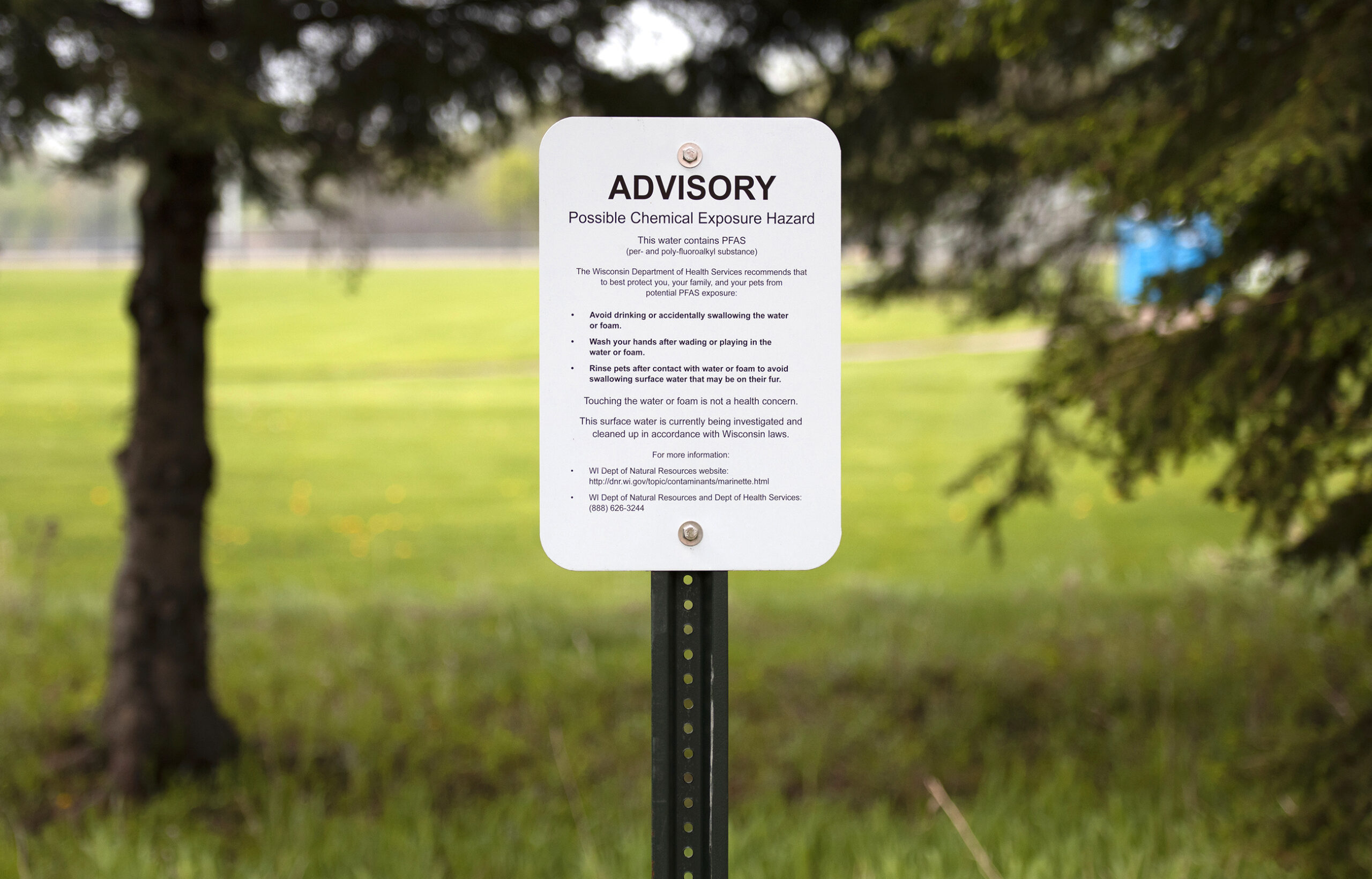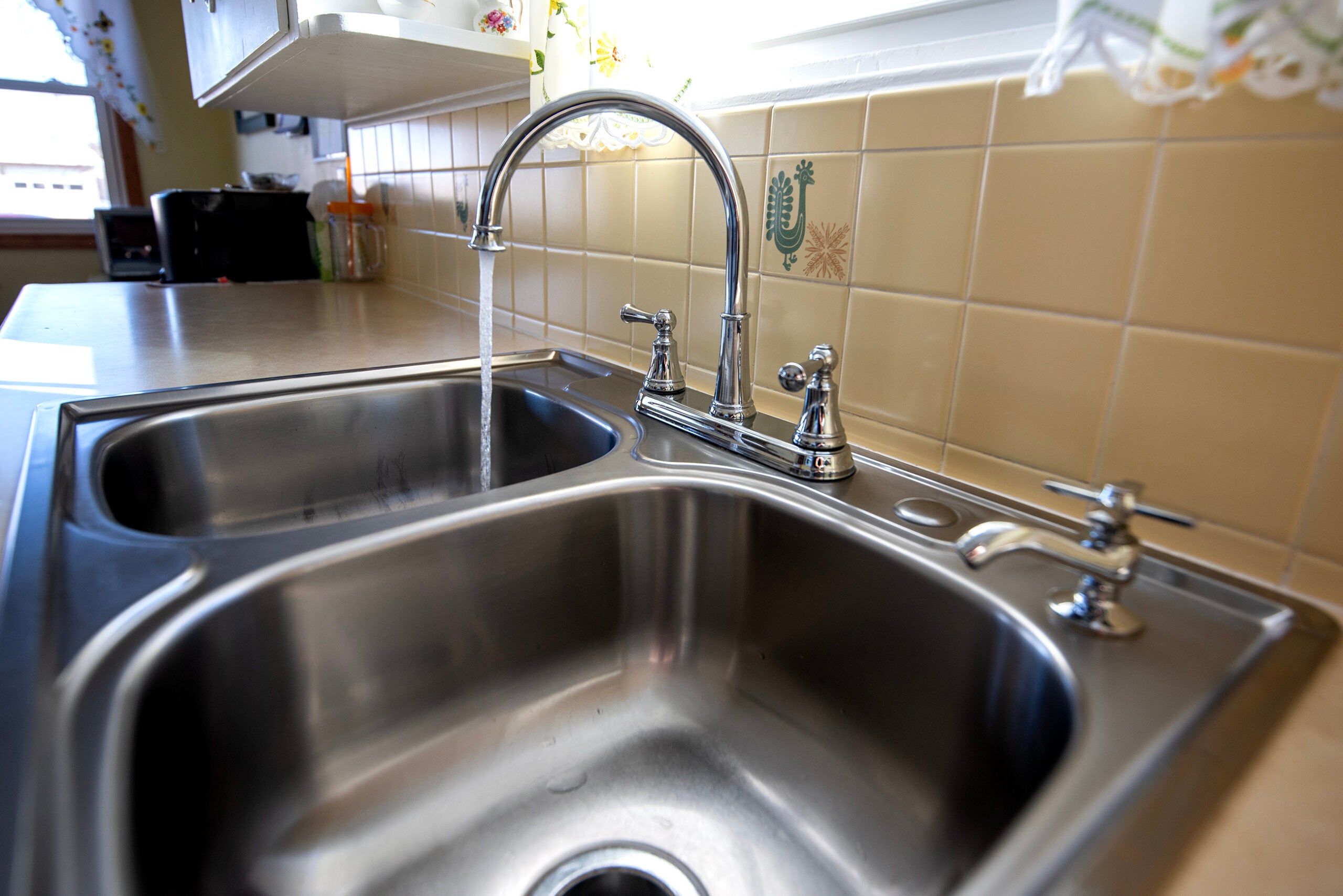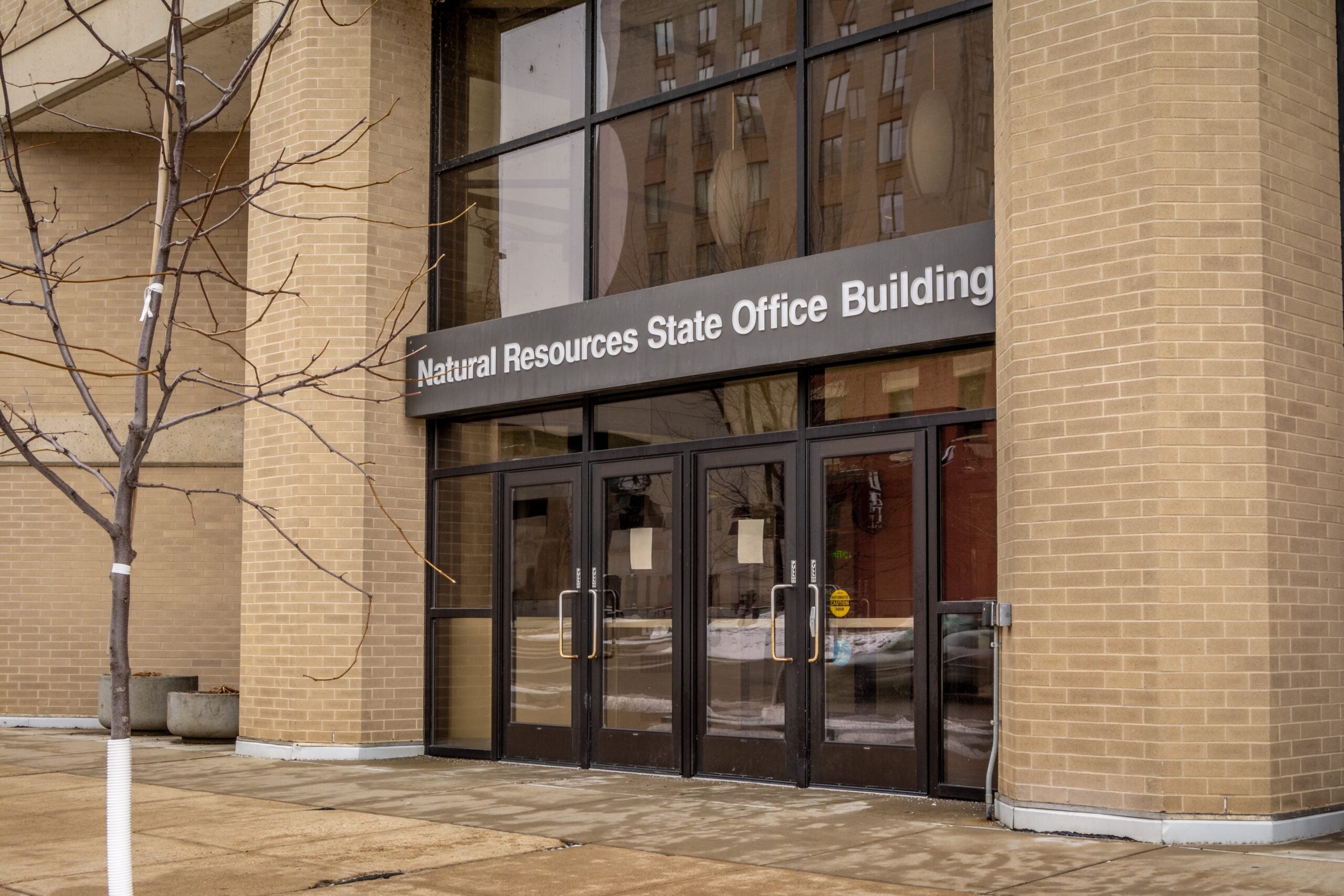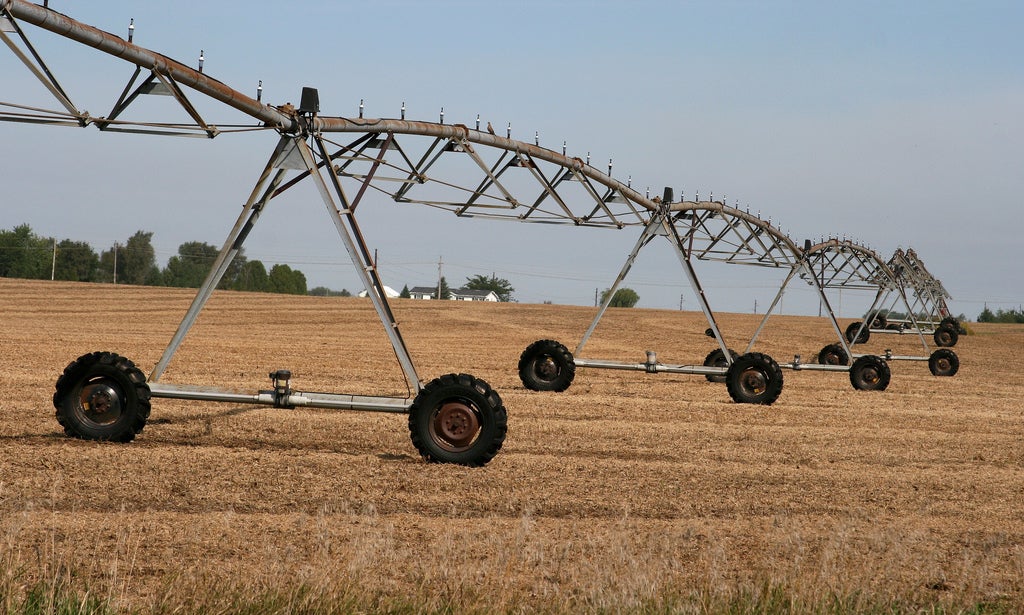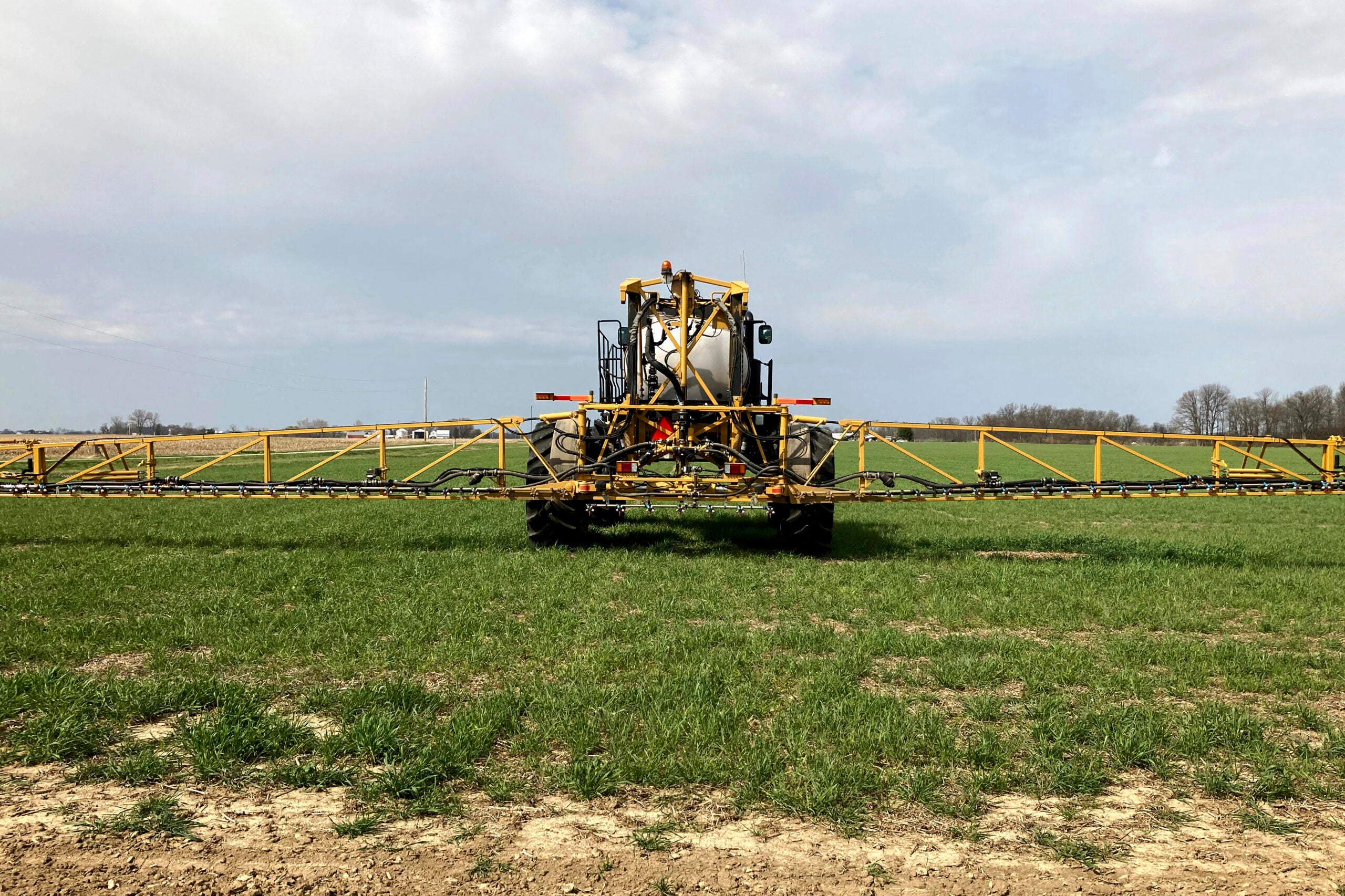A bill has been introduced by State Senate Majority Leader Scott Fitzgerald that would make it easier to rebuild and repair high-capacity wells.
The bill would allow existing wells to be repaired, replaced or reconstructed without a new permit from the Wisconsin Department of Natural Resources.
The proposed legislation provides farmers much needed security, said Tamas Houlihan, executive director of the Wisconsin Potato and Vegetable Growers Association.
News with a little more humanity
WPR’s “Wisconsin Today” newsletter keeps you connected to the state you love without feeling overwhelmed. No paywall. No agenda. No corporate filter.
“A grower can lose a crop within 24 hours if a well fails and cannot be quickly repaired or replaced,” Houlihan said. “I could not overstate the importance of the use of irrigation and water in growing potato and vegetable crops. We absolutely have to have it in order to remain one of the preeminent areas in the world for producing potatoes and vegetables.”
But environmentalists say the bill could make it harder to solve groundwater problems in sensitive parts of the state, like the Golden Sands region, where lakes and streams have dried up.
Rep. Katrina Shankland, D-Stevens Point, accused the Republican sponsors of trying to grant permanent water rights to some at the expense of others.
“Any private well owner whose well has run dry will tell you that there is much more at stake,” Shankland said.
The bill does not allow the drilling of new high-capacity wells without a permit. But Shankland said it would keep existing wells from being reassessed when they need to be repaired or replaced.
“The DNR is failing to take into account the cumulative impact of water usage when permitting high-capacity wells, and this bill exacerbates the problem,” Shankland said.
High-capacity wells can pump more than 70 gallons of water per minute, or 100,000 gallons of water per day.
Wisconsin Public Radio, © Copyright 2025, Board of Regents of the University of Wisconsin System and Wisconsin Educational Communications Board.

